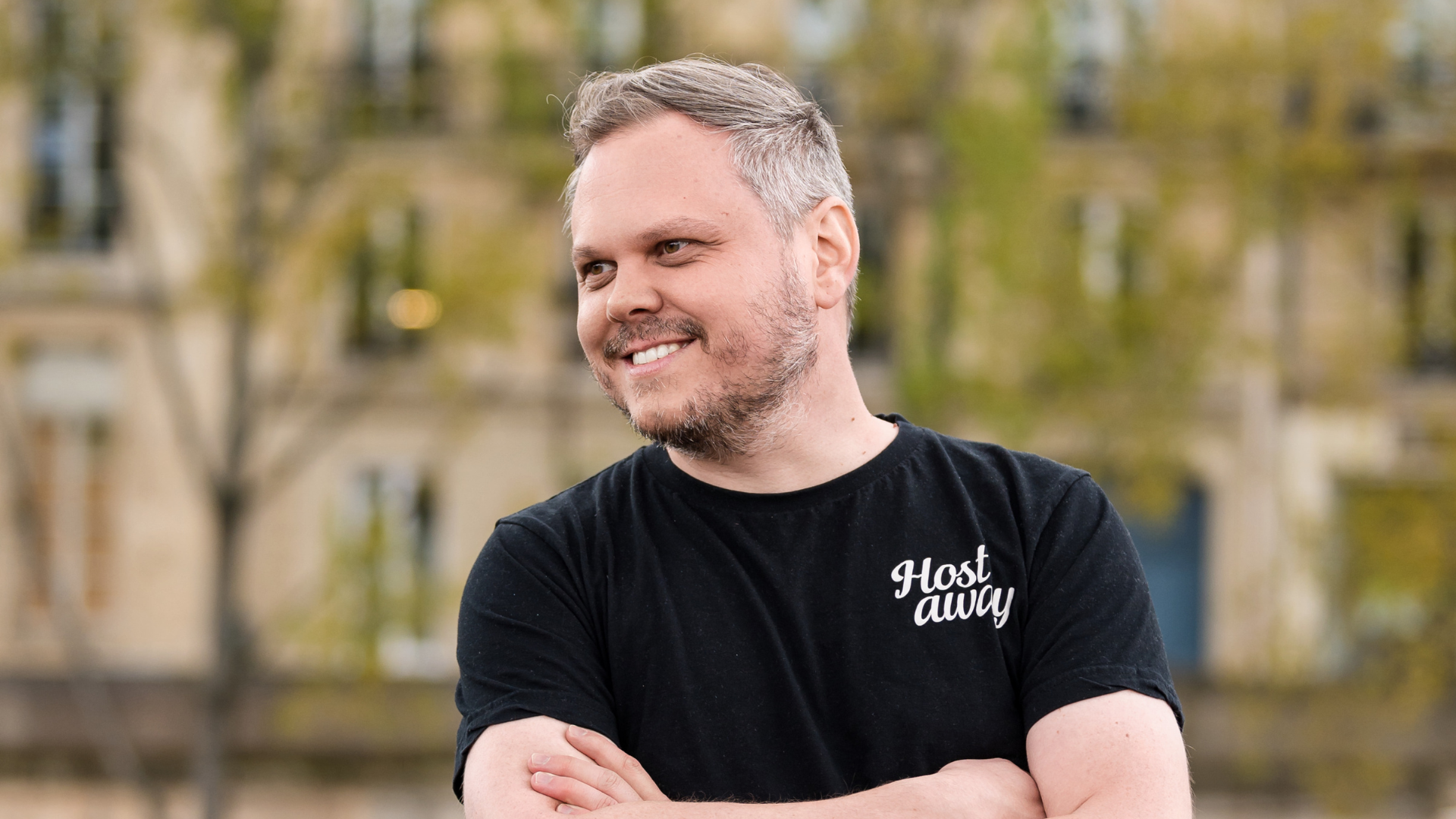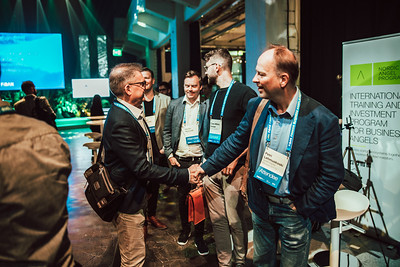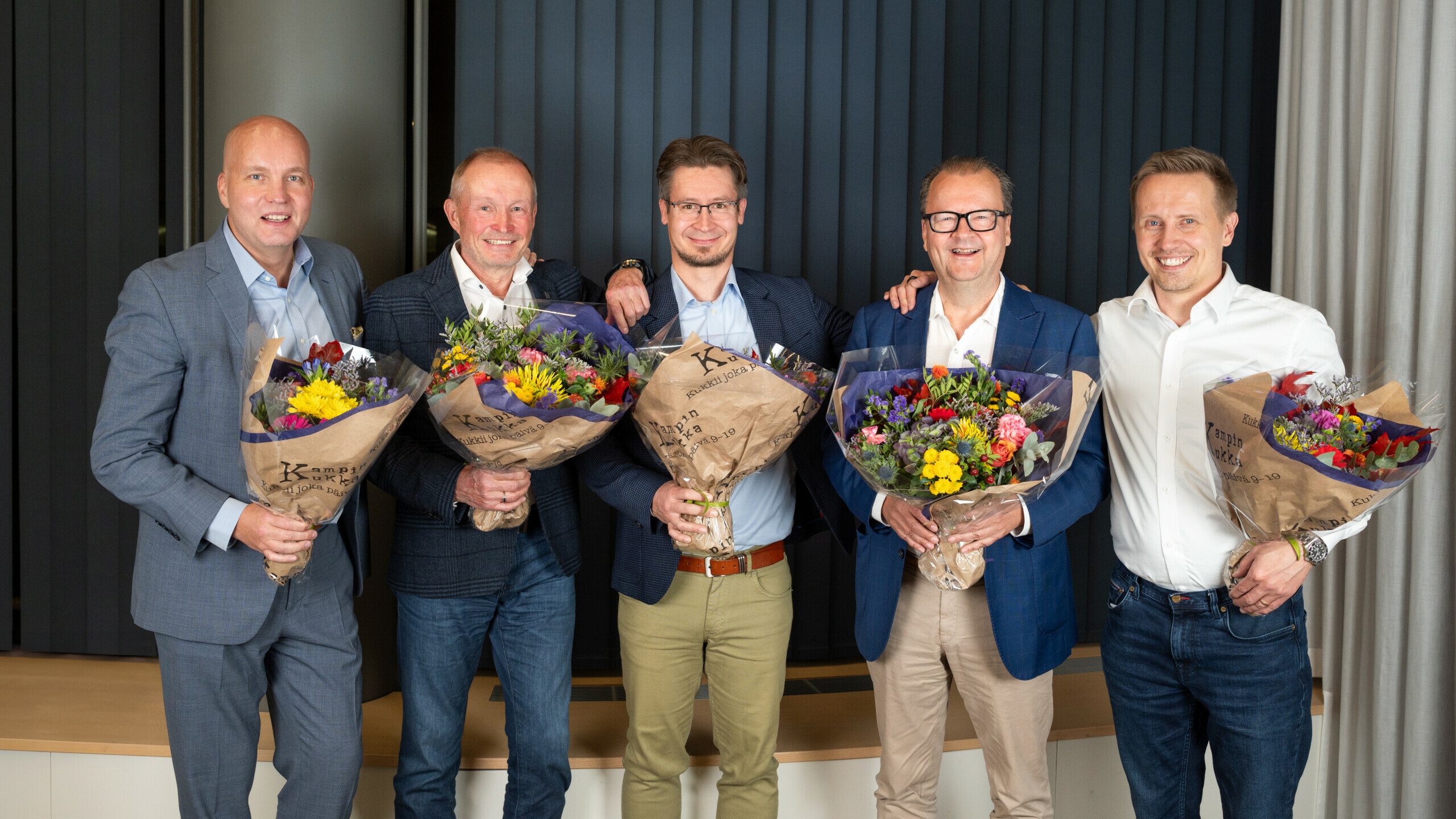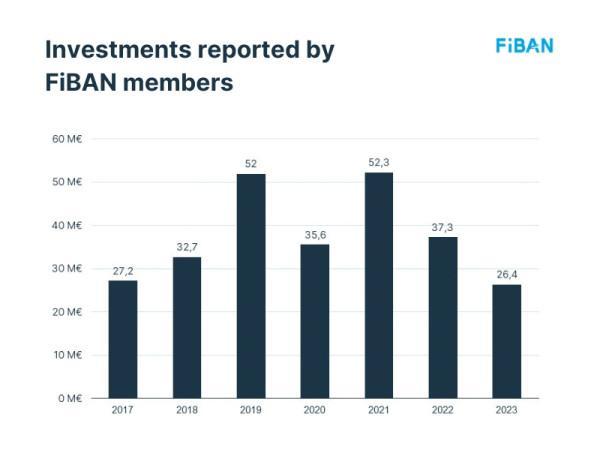
Can one truly prepare for an exit or large funding round? In this member interview, angel investor and Hostaway co-founder Mikko Nurminen shares his key takeaways on preparing for secondaries and what to consider in an exit/funding process.
Nurminen and the team recently raised funding from their recently raised 175 million funding round for Hostaway, a fast-growing short-term rental management platform featured in Talouselämä, HS Visio, and TechCrunch.
“Our growth has been phenomenally fast. We entered the market in February and closed the deal in May. We were lucky to have a lot of interest from investors,” co-founder and angel investor Mikko Nurminen says.
What is Hostaway?
Hostaway is a fast-growing company that provides a SaaS platform for short-term rental management companies globally. The company was founded in late 2015 by Marcus Räder, Saber Kordestanchi, and Mikko Nurminen, who has been a FiBAN member since 2013.
Today, Hostaway has 160+ employees in more than 40 countries, and according to Nurminen, the company will hit 20 million in revenue with high profitability. The Hostaway team is fully remote.
How should one prepare for a large funding round or secondary exit like this?
“Don’t think about it too much. You should focus on the business itself to ensure it’s on a good level and growing. Of course, you need to ensure that numbers and metrics are to prevent any surprises in the due diligence process. Consider hiring a great advisor to run the process. It helps you to get the best price, find the best investors/buyers, run the process smoothly, and give you more time to focus on your business (which is still hard!).
I was personally undergoing two due diligence processes simultaneously, as we were successfully selling another startup, AddSearch, at the same time.”
What’s your advice to your fellow investors or entrepreneurs approaching closing an investment round, for example, in the due diligence process?
“We received a lot of questions and requests to deliver different kinds of information. We needed to demonstrate and explain the nature of the business transparently and how things have been calculated. Have your papers in order and be prepared for the fact that, at some point, you’re going to have to show everything. You must have your metrics in order but still focus on the business itself.
But also, it is not just about current metrics. It is also about the vision that you have for the future. How will you conquer the global market? Do you have the right people in the right positions? Can you convince the investor to trust you and your team?”
If you need to choose one thing for preparing for an exit or funding such as this, what would it be?
“Timing the exit or funding round is important. In this particular case, it took almost a year from the moment when the process was started. In a way, it’s hard to prepare because they just don’t come up so often that one could formulate a routine. For example, when we exited Kotisivukone and AddSearch, the number of questions was quite enormous: about book-keeping material, metrics, and contracts. There were surprises every day. What helps is to have a good advisor for the exit process who knows the market where the exit or funding round is relevant. If you do everything yourself, you may not receive all the best outcomes – and you may even lose money.”
What kind of challenges have you experienced growing a company to this point? Has anything surprised you?
“Growing the company is always difficult, and you face different kinds of challenges every day. For me, the key has been the great team. Not just my founder colleagues but all those great employees we have had with us from the early days. Of course, it took us some time to define our culture, and we made many mistakes with hiring the wrong people, but we still have team members who have been with us through the bad times and the good times.
COVID-19 was a big challenge for us, but now, thinking back, it was the best that could happen to us. It really pushed us to focus on the most important things. When the market picked up again, we were ready, and what a journey it has been since then!”
How did the team react when they heard about the investment?
“It’s important to consider how you tell the team about an acquisition or investment round and when. In many startups, employees receive options as part of the compensation model. We have always wanted to include the whole team. Options often commit people and reward the whole team when the company succeeds. We openly discussed the growth numbers and the funding round and communicated these to the team. Options exist so that the employees and founders are committed to the same mission and mutual goal. It plays an important role in the company spirit so that employees can feel they’re a part of the team in terms of ownership, too. The options don’t always play a role in early-stage startups, especially if the business fails, but when it succeeds, it really matters.”
What are the plans for Hostaway from this day forward?
“We aim to become the global market leader and expand our business. We already have over 100 partners in our marketplace. Our growth has accelerated since the investment, and our goal is to multiply and expand our operations and eventually become acquired. Our plan is to reach 100 million ARR in the next few years, and we are on track to that milestone!”
Key facts about Hostaway
- Founded by Mikko Nurminen, and Saber Kordestanchi, and Marcus Räder.
- A remote-only company established in 2015 with over 160 employees in 40+ countries.
- Revenue 2021: 1,8M, 2022: 7,2M, and 2023: around 20M, and highly profitable.
- Key target markets: USA, Canada, UK, Australia, and customers from over 50 countries.
- Raised 175 million dollars from US-based PSG Equity. Several FiBAN angels invested in the early stages of Hostaway.
Do you want to share your news with the FiBAN Community? Contact
Communications Manager
Milja Inkeri Mäkelä


